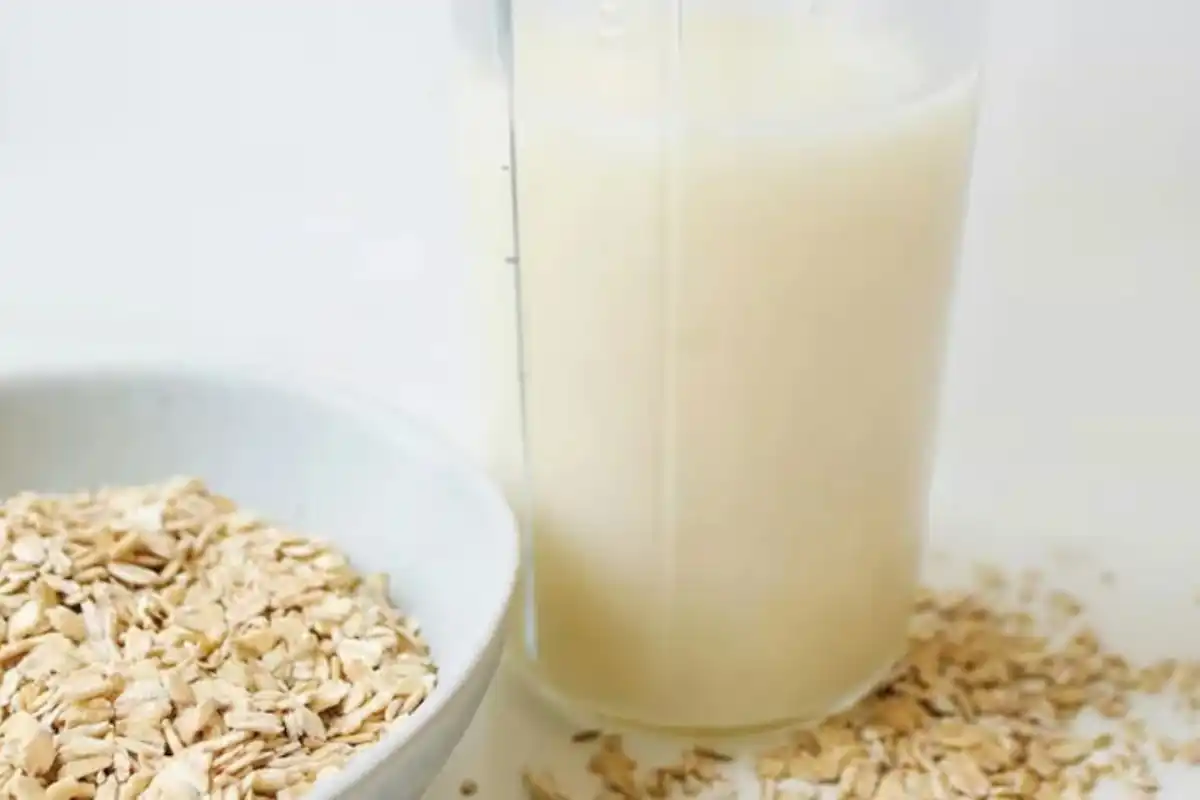How to Safely Lower Creatinine Levels Naturally: A Comprehensive Guide

How to Safely Lower Creatinine Levels Naturally: A Comprehensive Guide
Elevated creatinine levels can indicate kidney stress, but there are several natural strategies to help lower these levels without the need for medication.
Creatinine is a byproduct of muscle activity, and when kidneys are functioning optimally, they efficiently filter it out of the bloodstream. However, elevated creatinine levels can be a sign that the kidneys are not operating at full capacity. Fortunately, there are several natural methods to help reduce creatinine levels and improve kidney function without relying on medication or invasive treatments. Below, we explore practical lifestyle changes and dietary adjustments that can make a difference.
1. Dietary Adjustments for Healthy Kidneys
One of the most impactful ways to support kidney function is by making mindful changes to your diet. Reducing the intake of red meat and animal proteins is key, as these can place extra strain on the kidneys. Instead, incorporate plant-based proteins such as lentils, beans, and tofu into your meals. These alternatives provide necessary nutrients without elevating creatinine production.
In addition, increasing the consumption of fruits and vegetables can greatly benefit kidney health. Fruits like apples, berries, and pomegranates, along with vegetables such as cucumber, carrots, and spinach, contain high amounts of water and antioxidants that help cleanse the body naturally. According to a study conducted by the National Institute of Health, participants who followed a diet rich in fruits and vegetables saw a 31% reduction in their creatinine ratio, underscoring the value of a plant-based diet for kidney health.
2. Hydration: The Key to Flushing Out Toxins
Proper hydration is essential for kidney health. Drinking enough water ensures that toxins, including creatinine, are flushed out of the body. However, balance is crucial—too little water can elevate creatinine levels, while excessive hydration can be harmful, particularly for those with existing kidney issues. Herbal teas, such as chamomile, green tea, and nettle leaf tea, can also support kidney function. A study published in The Journal of Nephrology found that drinking nettle tea significantly lowered serum creatinine levels and improved glomerular filtration rate (GFR) over a period of two months.
3. Natural Support from Ayurvedic Herbs
Incorporating Ayurvedic herbs can also provide natural support for kidney function. Plants like Punarnava and Gokshura have been traditionally used to help manage kidney health and reduce water retention. Modern studies have begun to explore their benefits, particularly in cases of kidney damage caused by high blood sugar. These herbs are known to improve kidney filtration and promote waste removal. Other natural remedies, such as fennel and basil, can be used in aromatherapy to relax the body and support light detoxification, though they should not be relied upon as standalone treatments.
4. Exercise and Rest: Moderation is Key
Exercise is generally beneficial for overall health, but it is essential to approach physical activity with moderation if you are dealing with elevated creatinine levels. Intense workouts can cause muscle breakdown, leading to temporary increases in creatinine levels. Low-impact activities such as walking, yoga, and gentle stretching can help maintain physical fitness without putting undue stress on the kidneys. Equally important is ensuring adequate rest. Proper sleep allows the body time to repair and detoxify, which is crucial for kidney health.
5. Avoiding Harmful Habits
To protect kidney health, it is important to avoid habits that can exacerbate kidney stress. Smoking and excessive alcohol consumption should be avoided, as both can damage kidney function. Additionally, processed and salty foods can strain the kidneys, so it’s best to reduce or eliminate these from your diet. Instead, flavor your meals with natural herbs and spices like garlic, lemon, and coriander to maintain taste while keeping your kidneys happy.
6. The Importance of Regular Check-ups
While natural methods can help manage creatinine levels, regular medical check-ups are essential for monitoring kidney health. Those with elevated creatinine, diabetes, or high blood pressure should work closely with healthcare professionals to ensure their kidneys are functioning properly. Regular testing and professional guidance will help ensure that any issues are caught early, allowing for timely intervention and treatment.
Catch all the Health News, Breaking News Event and Trending News Updates on GTV News
Join Our Whatsapp Channel GTV Whatsapp Official Channel to get the Daily News Update & Follow us on Google News.














